Research projects
This page lists the projects we are (or we had been) working on.

SHIELD: Cybersecurity for Safe Underwater Acoustic Communications
The SHIELD project aims to develop a system for acoustically detecting vessels and submarines using low-cost, energy-efficient floaters. These devices will be networked, reachable from the surface, and equipped with energy harvesting technology, primarily from ambient acoustic noise, to enable long-term, unattended operation. The project’s goal is to create a swarm of these floaters to detect threats to critical marine infrastructure, such as unmanned underwater vehicles or divers. SHIELD will produce five prototypes for sea trials. The floaters will feature vertical movement capabilities, utilize polymer-based hydrophones for energy harvesting and vessel detection, and communicate via acoustic modems to coordinate their efforts. This international collaboration combines theoretical research with practical sea experiments.
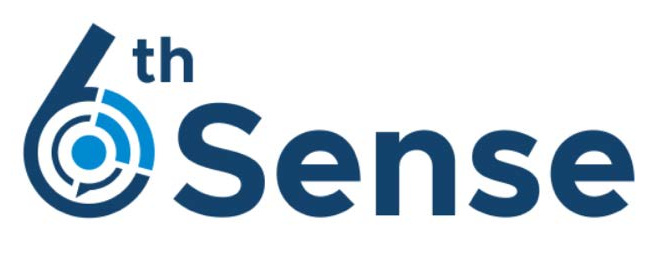
6thSense: Joint Communication and Sensing in 6G Networks
6th Sense addresses the fundamental challenges of joint communication and sensing (JCAS) through an innovative and interdisciplinary program. In a concerted effort, the findings of 6thSense will be tailored to key 6G use cases to boost Europe’s position in the global communications market both from a talent and a technological perspective.
6thSense combines and strengthens Europe’s skills and knowledge base through an intersectoral and interdisciplinary program with the following goals:
- building up a highly skilled workforce with an in-depth and hands-on background in JCAS for the telecommunication industry and the related vertical sectors;
- devising innovative solutions for the efficient integration of sensing capabilities in communication systems, considering the relevant trade-offs and asymptotic performance bounds;
- tailoring JCAS for key 6G use cases to boost Europe’s position in the global communications market, and addressing socio-technical and regulatory aspects relevant for the successful adoption of JCAS in future networks.

EMBRACE: Energy-efficient Methods and enaBling technologies for communications, netwoRking, infrastructures and smArt services in Challenging Environments
Extreme environments impair communications, networking, sensing and computing tasks, often requiring energy-intensive countermeasures and hardened or redundant hardware. EMBRACE provides smart solutions that reduce energy consumption via adaptive communication techniques, more effective hardware (including batteryless devices), novel communication systems, and novel antenna/sensor technology tailored to extreme environments, including intra-body and underwater sensors.
EMBRACE’s consortium brings together all the expertise required to design and optimize hardware, coalesce component systems into more complex laboratory prototypes, design communication systems from antennas up to the networking protocols and related applications, access relevant environments for the technology at hand, and evaluate its performance.
EMBRACE promotes a flexible approach, where the evaluation of the proposed solutions takes place through simulations until the system is ready for deployment on site. A selection of systems is then evaluated via field measurements in challenging environments, according to the requirements of the cascade call. The partners evenly represent Italy, with the participation of one small-sized company.
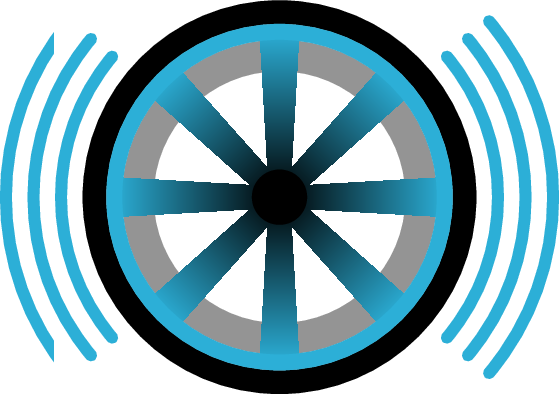
SELF4COOP: Self-optimizing Networked Edge Control for Cooperative Vehicle Autonomy
The project focuses on next-generation mobility services, in particular by considering Mobility-as-a-Service enhanced by means of cooperative driving. Our final goal, which goes beyond SELF4COOP, is the reduction of traffic congestion and road-related accidents, which costs in the EU amount to 1% and 3% of the GDP, respectively. In our vision, cooperative autonomous vehicles (CAVs) will become an integrated system, realizing complex intelligent driving applications. This will minimize the environmental footprint of the vehicles, streamline the use of CAVs by multiple users and reducing the need for private vehicle ownership.
Realizing the above vision will require some fundamental building blocks which we will develop throughout SELF4COOP, which include the realization of advanced cooperative driving maneuvers, where intelligent systems gather data both from vehicles and from the infrastructure, and instruct CAVs to implement optimal actions. In turn, this will require to seamlessly blend different communication technologies, exploit Multi-access Edge Computing (MEC) resources flexibly and adaptively, and develop robust optimization and control techniques.

PRECODE: Privacy Enhanced Communications for Cooperative Driving Environments
Cooperative driving systems can improve future transportation and human well-being from several different perspectives which include safety, traffic efficiency, and reduced emissions. This will enable new mobility paradigms such as Mobility as a Service which, in our vision, will lead to the advent of cooperative autonomous taxis (CATs). CATs will reduce the need for private ownership and thus the total number of vehicles in our streets.
Implementing such novel transportation paradigms requires communication between vehicles for autonomous coordination, and between passengers and the system to collect requirements such as pick-up positions and destinations. This poses challenges in terms of security and privacy. With respect to security, control information needs to be verified and trustworthy, whereas with respect to privacy it is necessary to protect users’ personal information.
PRECODE aims at tackling these issues by using novel communication technologies, like reconfigurable intelligent surfaces and directional antennas. Within the project, we plan to explore how such technology can be used to guarantee security and privacy. Moreover, PRECODE will develop algorithms that can optimize traffic flow and passenger assignment using partial knowledge, with the aim of improving users’ privacy.
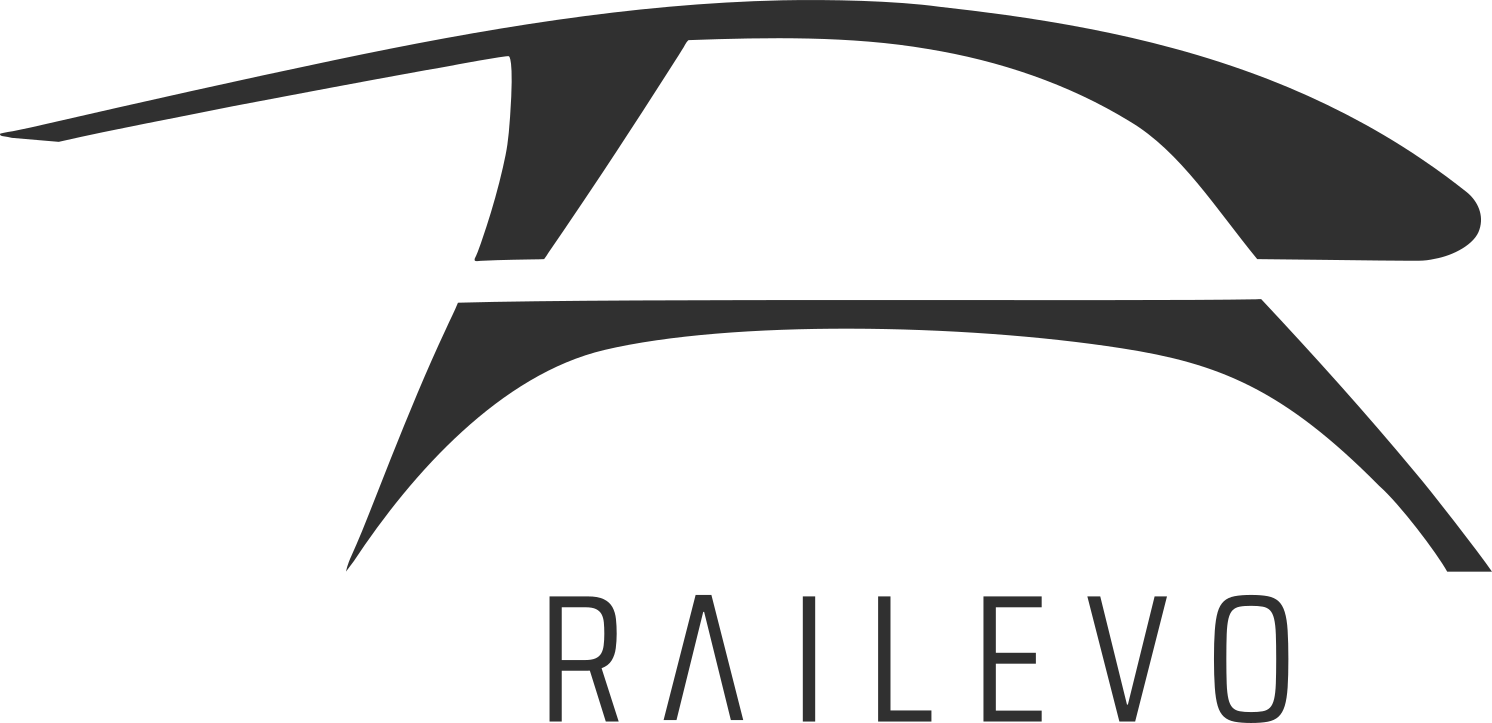
Traffic capacity of a RailEvo transportation system
In this industrial partnership with RailEvo we study the traffic capacity of their innovative public transportation system, focusing both on the main line and on the stations, with the aim of showing the benefits compared to classic railway.

MINTS: Millimeter-wave Networking and Sensing for Beyond 5G
The potential of mmWave technology (30 GHz to 300 GHz) for future mobile networks led to significant research investments, and motivated the European Commission to recommend opening up parts of the mmWave spectrum for broadband services.
In this MSCA European training network, we train 15 doctoral students in different aspects of mmWave communications, networking, sensing, and applications, with the objective to create a cohort of experts in mmWave technology for the academia and industry.
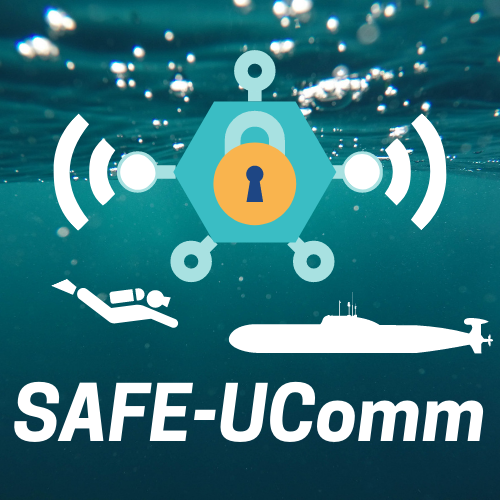
SAFE-UComm: Cybersecurity for Safe Underwater Acoustic Communications
Underwater acoustic communications (UWAC) is increasingly perceived as a cost-effective ocean exploration and monitoring means. However, while carrying out these tasks, UWAC devices are left unattended over long periods of time and may become vulnerable to external attacks. The recent introduction of standards protocols for UWAC makes these attacks more viable.
In SAFE-UComm, we explore new ways to secure UWAC against attackers. Our solutions eliminate the need to change existing modems or include encryption systems, and rather provide a protective layer that can be added to any modem, offering a practical solution to underwater cybersecurity.
SECEDA: Small Scale Cooperative Driving Platform
The aim of SECEDA is the small-scale, real-world development and testing of cooperative driving maneuvers and vehicular communication protocols through a cooperative driving fleet composed of model cars. SECEDA will work the development and the testing of new Multi-access Edge Computing (MEC)-based remote control. This idea exploits MEC cloud computing to bring the control of the vehicles to the edge, bringing great adaptation potentials to variable road traffic and communication conditions. The testbed will also pave the road to other research studies, spanning from collective data sensing and distributed embedded machine learning.

ALICE: Analysis and Classification of IoT Communication Devices
The aim of the project is to continue the cooperation between Dr. Segata and Electrolux, in particular by working on the classification of IoT devices.

SYMBIOSIS: A holistic opto-acoustic system for monitoring biodiversities
SYMBIOSIS provided a mature, cost effective autonomous opto-acoustic prototype for the characterization, classification, and biomass evaluation of six target pelagic fish that are important to the fishery industry and that reflect on the health of the environment. SYMBIOSIS is devised as a blend of acoustic and optical components, including an active underwater acoustic array, optical cameras and strobes, control electronics, embedded processing, and batteries.
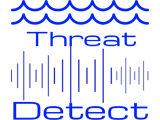
ThreatDetect: Autonomous Platform for Securing Marine Infrastructure
With the increase of marine activity, protecting marine infrastructures from terrorist threats has become a main concern. We propose to develop and demonstrate a novel prototype for reliable, real-time detection of diver and mines. Our system combines acoustic remote detection with verification using pattern recognition on underwater imagery. First, we analyse the acoustic reflections to localize a target that fits the pattern of a diver or a submerged mine. Then, in case the release or presence of a mine is suspected, a vehicle is dispatched to first inspect the target through its optical and sonar systems, and then to send the processed information back through underwater acoustic communication.
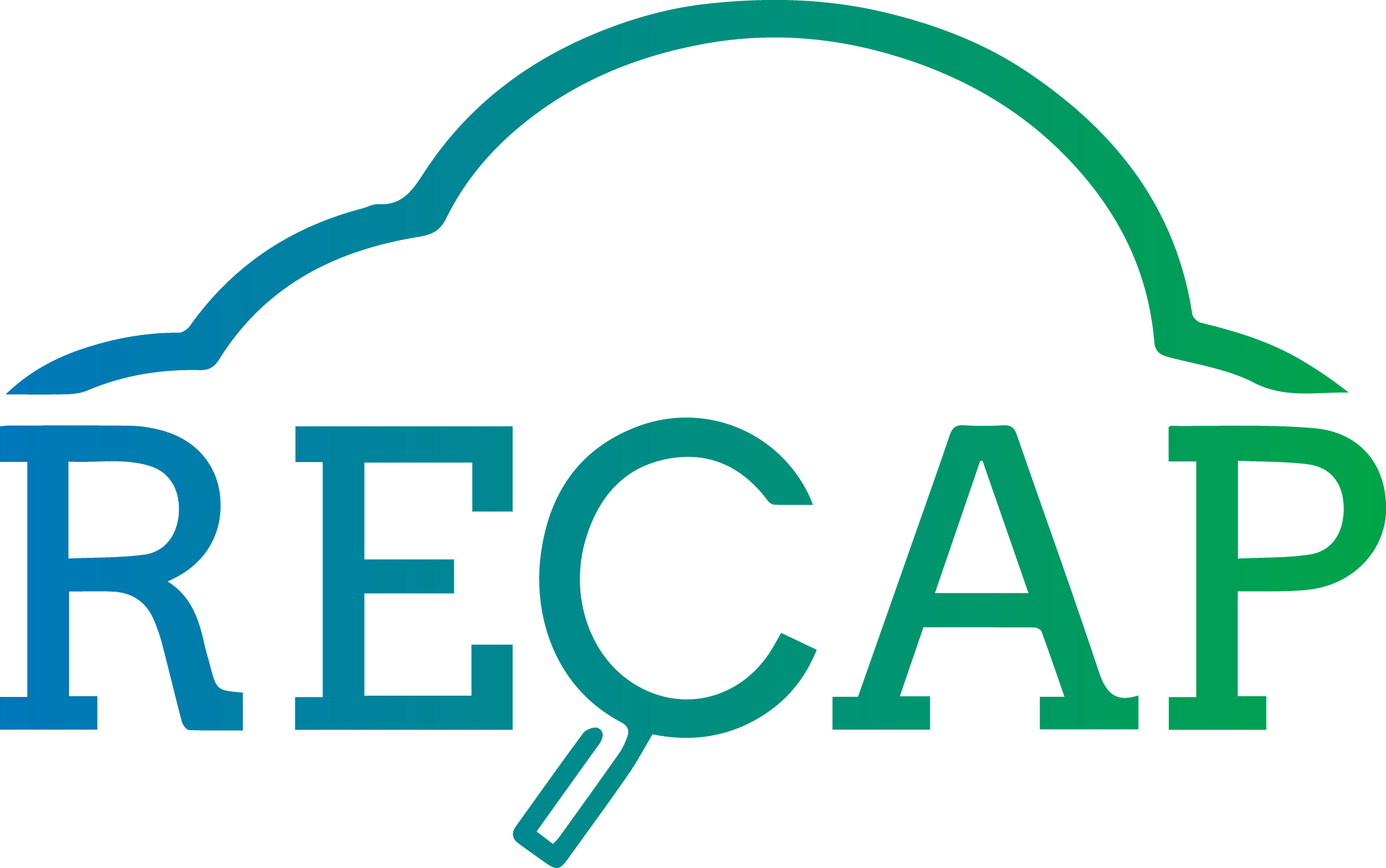
RECAP: Reliable capacity provisioning and enhanced remediation for distributed cloud applications
RECAP is a Horizon2020 project that provides novel methodologies, tools and an enabling workflow for automated infrastructure deployment, monitoring, and analytics that result in lower costs and better quality of service.


